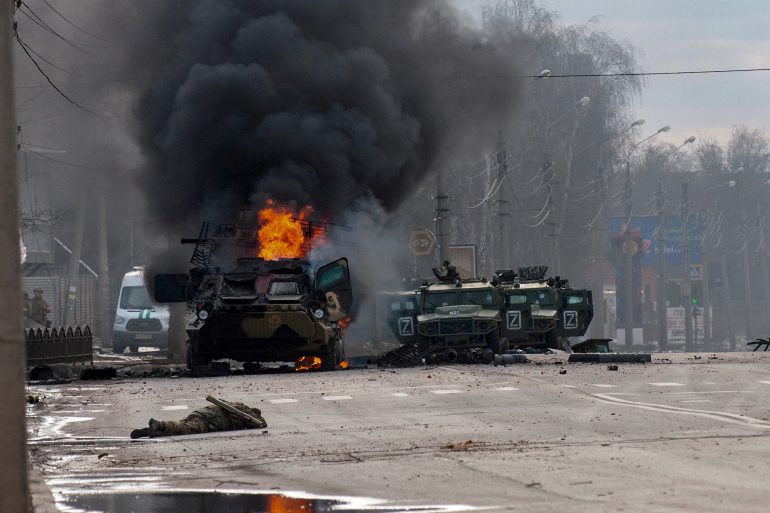In traditional markets as well as in supermarkets on the continent, the prices of basic foodstuffs continue to soar, while some experts link this situation to the Russian invasion of Ukraine.
The world is still holding its breath on the eighth day of the Russian bombing of its Ukrainian neighbor. If African countries have not yet finished denouncing the “mistreatment” of their nationals in this war-torn country, they are confronted at home by a disproportionate rise in the price of basic foodstuffs. This situation is putting pressure on governments, consumers and the private sector.
In several West African countries, such as Cote d’Ivoire, Senegal, Mali and Mauritania, the price of a 50 kg bag of wheat flour has risen sharply, as has the price of a liter of oil and a kilo of potatoes. This increase in the cost of food shopping has led to protests against the high cost of living.
Several countries have taken a series of measures, ranging from the introduction of price ceilings to the suspension of import or customs taxes, through the reduction of VAT and the strengthening of controls on regulated tariffs, in order to protect purchasing power.
In Senegal, President Macky Sall announced price cuts last week. These include the reduction of oil prices from 1,200 CFA francs to 1,100 CFA francs per liter, the reduction of unflavored broken rice from 15,000 CFA francs per 50 kg bag to 13,750 CFA francs and the reduction of sugar prices from 625 CFA francs to 600 CFA francs per kilogram. “These important measures, for the benefit of the population, will have an impact on revenue mobilization as well as on the budget for a total annual amount of nearly 50 billion CFA francs,” the Senegalese head of state assured.
A “major shock” to the economy
However, not all traders, like Unacois/Jappo, agree with these measures. They base their reasoning on inflation on imports, following the context of tensions between the Russian power and the West. “The Minister of Trade has not consulted us, while the prices of some of these products are approved by world prices. Worse, the prices indicated cannot be applied,” said Moustapha Lo, a member of this association.
“There are only importers who are in front of traders. (…) They import at the same time as inflation which has increased with the war in Ukraine, but also the shrinking and refocusing of export products of some countries with the effects of Covid-19,” he explained in the newspaper Vox Populi.
The Algerian economist Rabah Arezki seems to support this thesis, noting in an article published by Le Monde that “Africa is very vulnerable to rising energy and food prices. He warns of a “major shock” for households on the continent, due to the repercussions of the Russian move on the markets.
“Russia’s invasion of Ukraine has exacerbated the already pronounced upward trend in energy and food prices. In addition to being producers of natural gas and oil, Russia and Ukraine together account for about 30 percent of global wheat production and 80 percent of sunflower oil,” explained the former World Bank chief economist for the Middle East and North Africa region.
While the ceasefire called for by Ukraine and the international community has yet to be achieved, Western sanctions continue to tighten against Russia, keeping the world’s economic future, especially for Africans, in limbo.
ODL/cgd/fss/abj/APA


